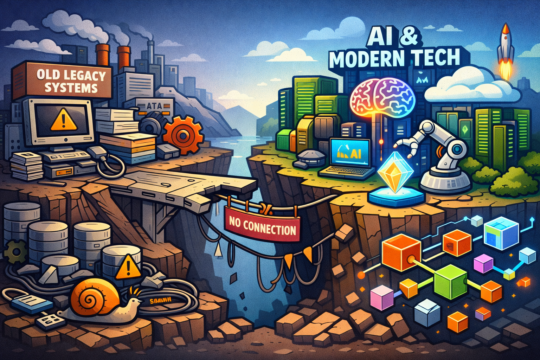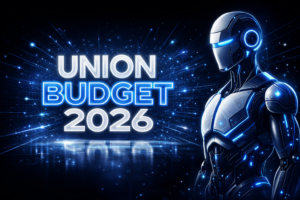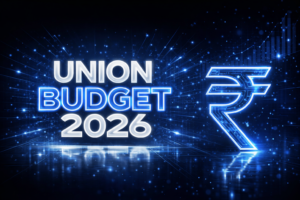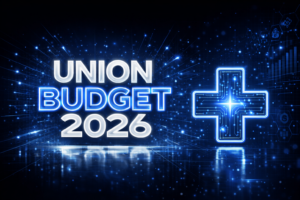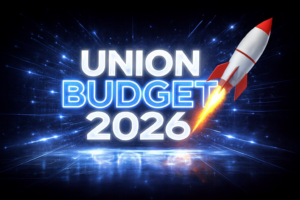The social impact of digitization is palpable even before AI enters the picture. Research shows that Internet access can positively influence worker income, especially those in lower income brackets. At the same time, research also shows that not only do AI technology and AI capital stock accumulation impact wealth inequality, but it is also a mutually reinforcing cycle, meaning this inequality will widen with each economic cycle.
“Under most scenarios, AI will likely worsen overall inequality, a troubling trend that policymakers can work to prevent,” — IMF Economist, Giovanni Melina
According to research, on the one hand, AI enhances human capital based educational development by intensifying wage inequality, thereby incentivizing individuals to acquire essential skills and education to remain competitive in future labor markets. On the other hand, AI could widen existing education disparities, ultimately hindering the same human capital based educational development.
AI is already wreaking havoc on global power systems. According to Bloomberg, data centers use more electricity than most countries.
In addition, AI usage could render us dumb in the future, as it seems to be only as good as the data it scrapes. If there is no intelligent data to scrape, what are the results? Information that LLMs scrape have never been foolproof. After all, they’re just scraping information from different sources. And the future of the accuracy of these data is at stake too. According to a research paper by Himabindu Lakkaraju, an assistant professor at Harvard, LLMs can be manipulated.
Chatbots are steadily becoming the new influencers of today. Brands are manipulating data and scraping sources to appear in a chatbot’s response. For example, if you ask which the best restaurant in town is, a restaurant owner wants to be in that response. Tech journalist Kevin Roose explains how companies are now using retrieval-augmented generation, or R.A.G and how he personally went about mending his journalistic reputation with chatbots in an informative piece on New York Times.
This is not to say that AI will lead to a dystopic existence in the future. Not all conclusions are alarming. As per MIT Sloan School Associate Professor Nathan Wilmers, Gen AI could lower the existing societal problem of income inequality.
AI is a powerful tool. But based on how ahead we are already in society, AI will impact us differently. This means the rich can get richer while the poor get poorer. For example, even in developed economies the young are more likely to benefit from AI.
According to the IMF, AI can increase productivity, boost economic growth, and lift incomes. However, it could also wipe out millions of jobs and widen inequality. The data draw from the IMF’s new AI Preparedness Index Dashboard for 174 economies shows that “different countries are at different stages of readiness in leveraging the potential benefits of AI and managing the risks.”
“Under most scenarios, AI will likely worsen overall inequality, a troubling trend that policymakers can work to prevent,” says IMF Economist, Giovanni Melina.
AI’s future impact is neither wholly dystopian nor purely utopian, it’s deeply uneven. While it promises productivity, growth, and opportunity, it also risks entrenching inequality and distorting truth. Ultimately, AI will not shape society alone; how we choose to govern, regulate, and adapt to it will decide who truly benefits.







